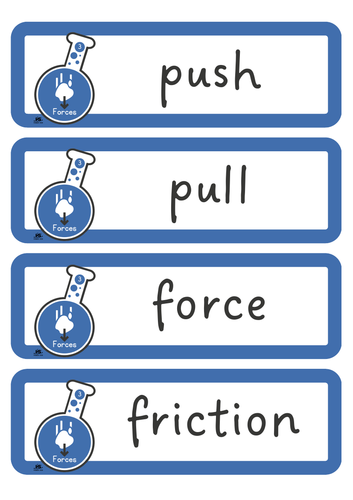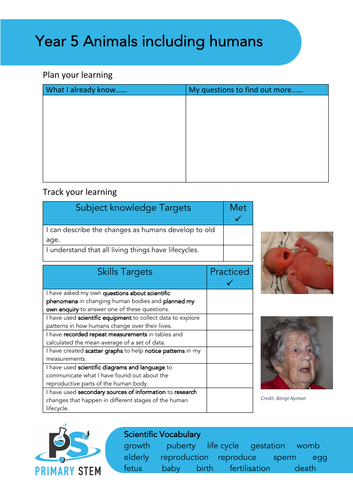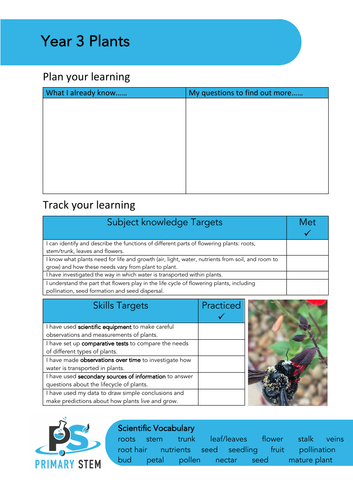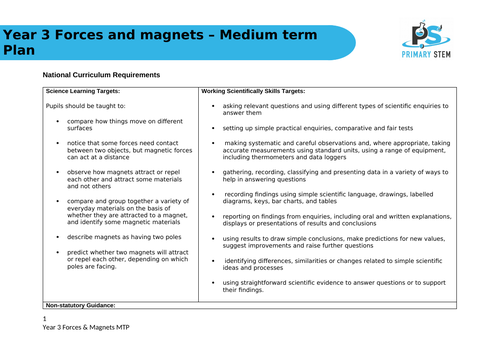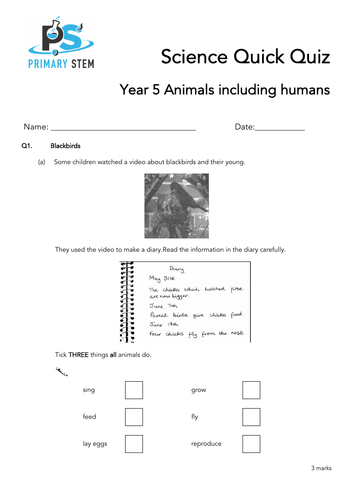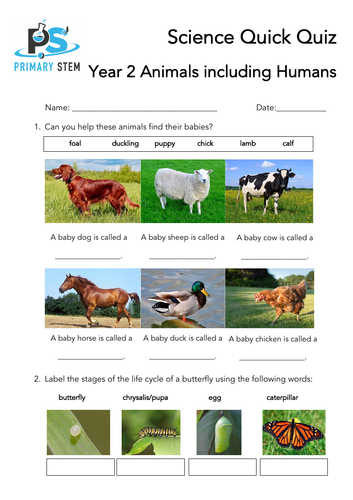PrimaryStem's Shop
Experienced Science specialist teacher with extensive experience in both the secondary and primary setting. Currently out of the classroom to complete a PhD study in Primary Science. Working as a Science Education Consultant with a number of organisations including The Ogden Trust, ESERO-UK, The Stephen Hawking Foundation, The SHINE Trust, The Wellcome Trust and Oxford University Press (Asia). PSTT Fellow.



